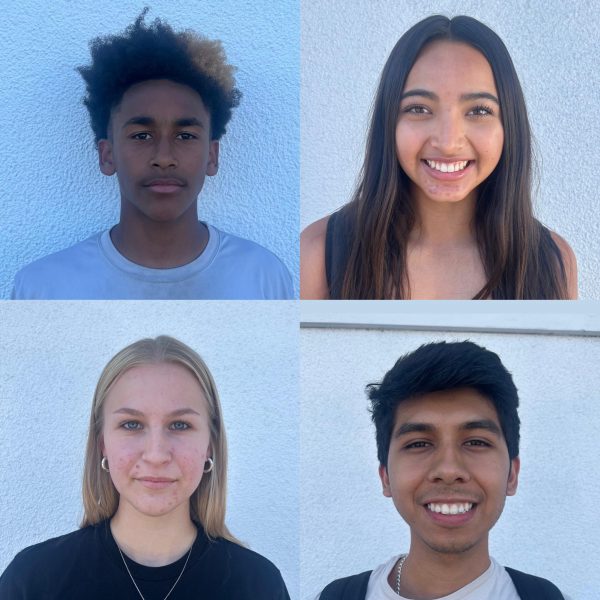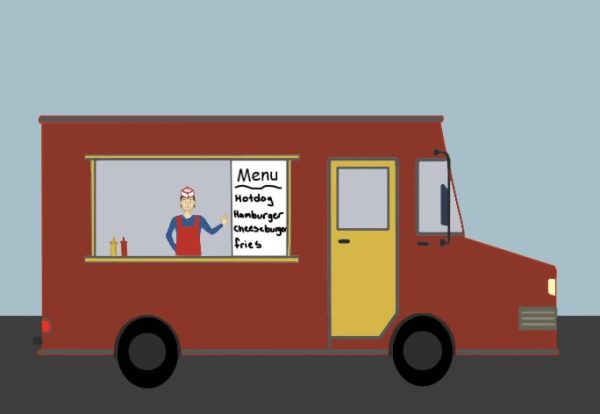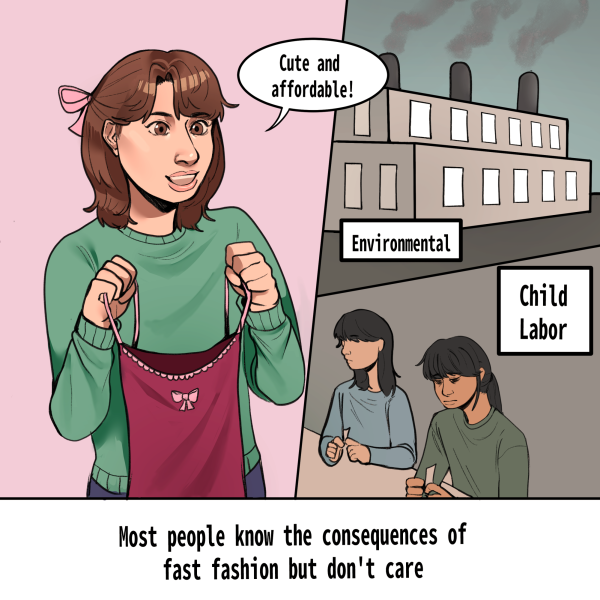Reaching across the table
Diverse perspectives make for meaningful conversations
November 1, 2019
It was a Tuesday afternoon that took a surprising turn. Instead of going home to do homework, I jumped into my friend’s car and drove down the freeway to Kearny Mesa. Music was playing in the background, but it was drowned out by our conversation—we were fired up. We made confident declarations and fierce criticisms of certain policies and politicians. We loudly agreed with each other, and added on to swerve the conversation in different directions.
We were on our way to the CBS8 news studio, having been invited as first time voters to sit in, analyze and watch the democratic candidate debate. The three of us were nervous, but felt ready. We spent the entire ride up discussing everything we knew so far: which candidates we preferred, their policies and who was at the top of the polls. We were all strongly passionate about everything that was said. In general politics, we all agreed with each other. In a lot of ways, it was a relief for me. There’s always a feeling of gratification knowing that you’re not alone in the way you see the world. Stepping out of the car, the three of us were pretty content with what we figured was a productive conversation.
Once we got there, we were given name tags and taken to a big conference room; there was a long wooden table in the middle. Some students were already there, with their chairs facing the front of the room where a flat screen TV was suspended.
We shook hands with everyone and introduced ourselves, then sat down. The reporters who had invited us asked us to go around and say our names, and state who we would vote for. They started at the front of the table, with students I had just met, and their votes surprised me. I widened my eyes in shock, and looked across the table to my friend; she shrugged at me.
It might have been naive of me to think that everyone there would be on the same end of the discussion as me, but when I realized I was in a room with many people who opposed nearly everything I was fighting for, it awakened a feeling of anxiety.
What had changed? I was so confident in the car. Now, knowing everything I said was a challenge, I felt unprepared.
Like I now anticipated, the rest of the night consisted of passionate debates across the polished wooden table. At times, it seemed like we would never come to agree with certain people; we were too different, clinging to completely contradictory beliefs and different opinions on political issues that could never coexist. It was a far cry from the conversation we had in the car; rather than building off of agreement, this confrontation forced us to check the foundation of what we chose to believe in. As others poked at our reasoning and cross examined us for what we said, we needed to reflect on a new perspective, rather than something we unanimously saw the same.
The truth is, we’re all drawn to people who see the world the way we do. It’s just easier that way. There’s no feeling of frustration in trying to explain what you already believe is obvious, your statements pass as true with no real examination of why you believe they’re true. So while the conversation may seem like a productive one, it is really just empty words disappearing into the air.
That night, I found that after I had been forced to defend my beliefs, or in some cases even rethink them, I walked away with a bigger feeling of productivity and meaning than I had in the car. The value attached to the discourse between two different sides seemed heavier than that of a conversation among people who already shared what I believed. I left with pride in what I could defend and a motivation to look into new perspectives that were shared – some I had never thought of before.
We can’t build meaningful ideas surrounded only by those who have the same perspectives as us. To fully understand our views, we must understand their contradictions. . If everyone only agrees with us, how will we learn anything new? I realized that the times I stated something and received a counter argument were more insightful than I could have imagined.
Different perspectives, and forums that allow for these different perspectives to be exposed to us, are crucial in any serious conversation we want to construct. We must never act as though we’re all-knowing and absolute in our truths, but rather openly question why we continue to believe what we do. Proving we’re right means little compared to taking everything into consideration and building off of that to become more knowledgeable of the world around us.
As we’re beginning to transition into a bigger world, our voices are going to be heard. We need to make sure that we use them productively, and we can only do that by constantly seeking new perspectives. We must be open to the new ideas across the table, and leave the room with something new.










